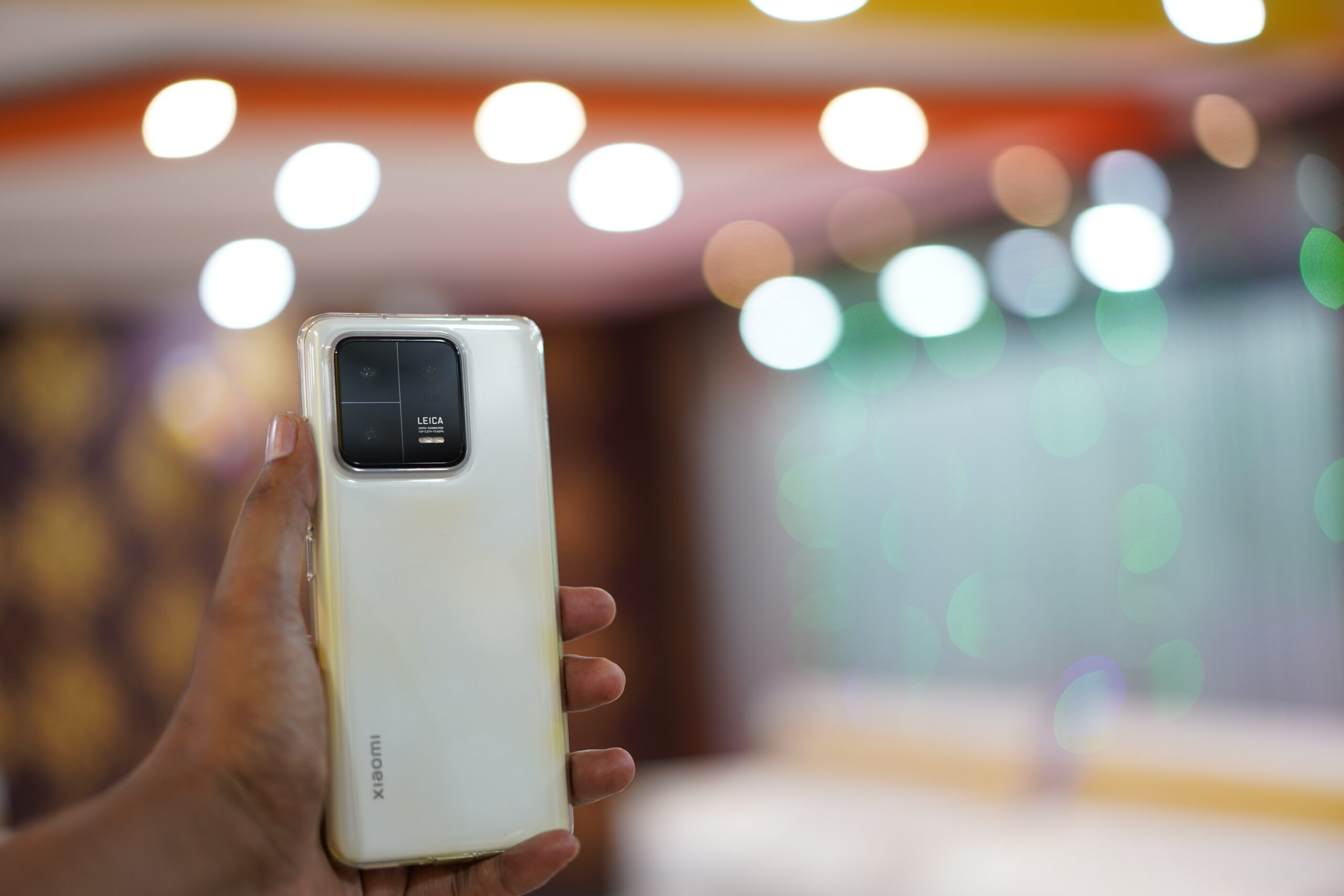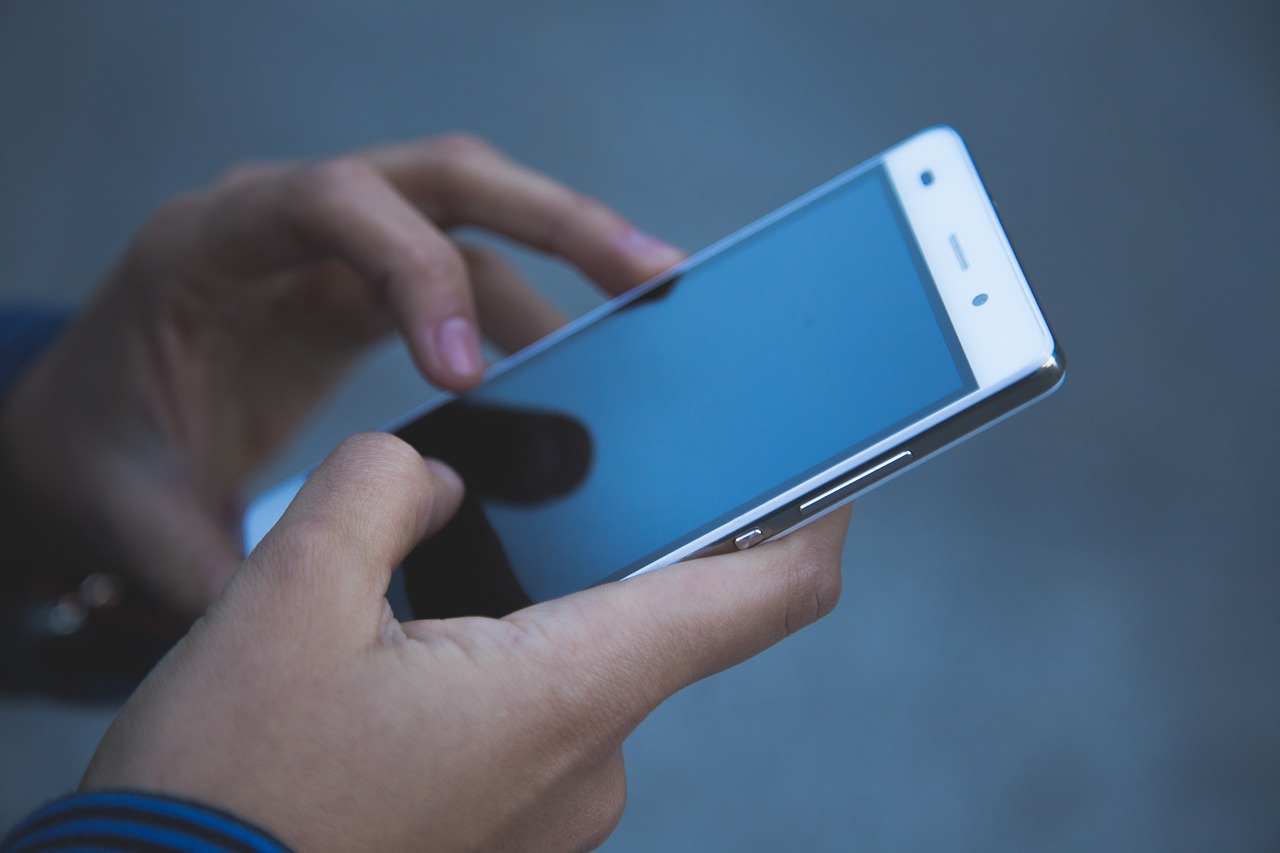The use of smartphones in schools continues to cause controversy, but it can be an ally. Learn more about it!
Nowadays, it is almost impossible to imagine a world without cell phones. The device is indispensable and can help with many daily tasks, being able to do a little bit of everything. However, the more modern and functional they become, the more time people spend with them in their hands, which can even happen at inopportune moments.
There are some features on the device that can be very useful for students and help them with their schoolwork, such as a compass, calculator, dictionary, translator, converter and others. The reality is that there are already many apps that can help when it comes to education. However, the cell phone can also be a distraction and, therefore, it is advisable to keep it away from them at these times.
However, simple prohibition rules are not enough to keep students from using their devices. Therefore, there are many questions about the use of technology in schools. According to a survey conducted in 2021 by TIC Kids Online Brasil, 931% of children and adolescents between the ages of 9 and 17 use the internet. This number is equivalent to 22.3 million people connected. The predominant device for this access is the cell phone.
Continue reading and learn more about this subject that has been causing controversy in several countries, including Brazil.

Cell phone in the classroom
The data from this research shows that it is no longer possible to go against the informational development that the world is experiencing. Therefore, not using technology inside and outside the classroom is practically impossible. Therefore, the solution may be to think of cell phones as a tool to support education. Thus, practices that work and can expand the advantages of cell phone in education must be adopted, without forgetting that, at the same time, it is necessary impose limits and responsibilities in relation to such use.
Advantages
Having cell phones in the classroom as a tool to support education can be very productive, since society is increasingly connected and students already use several resources in their studies. Therefore, allowing them to use their cell phones to learn helps to increase motivation and will increase engagement and participation in the content.
Education professionals must also be aware of technological advances to develop more creative lesson plans. By doing this via cell phone, students can become more interested and the content ends up being retained more efficiently.
Cell phones also provide access to a variety of quality materials, such as e-books, infographics, videos and other forms of research. This means they have access to information anywhere, anytime.
Therefore, if technology is used in a good way in school environment, both teachers and students can win. Cell phones will no longer be the main villain if educators change their view of the device, seeing it as an ally.
Cell phone use
Despite being an ally in schools or in any other area of life, it is noticeable that people are spending too much time with their eyes fixed on screens. Martin Cooper, known as the “Father of the Cell Phone” also agrees with this and said that the device has unlimited virtual potential and that, perhaps at some point, it may even help in the fight against certain diseases.
However, he said people can be a little obsessed with him. He said when he sees someone crossing the street looking at their phone, he feels terrible because they are not thinking, but after several people get run over, they will understand.



